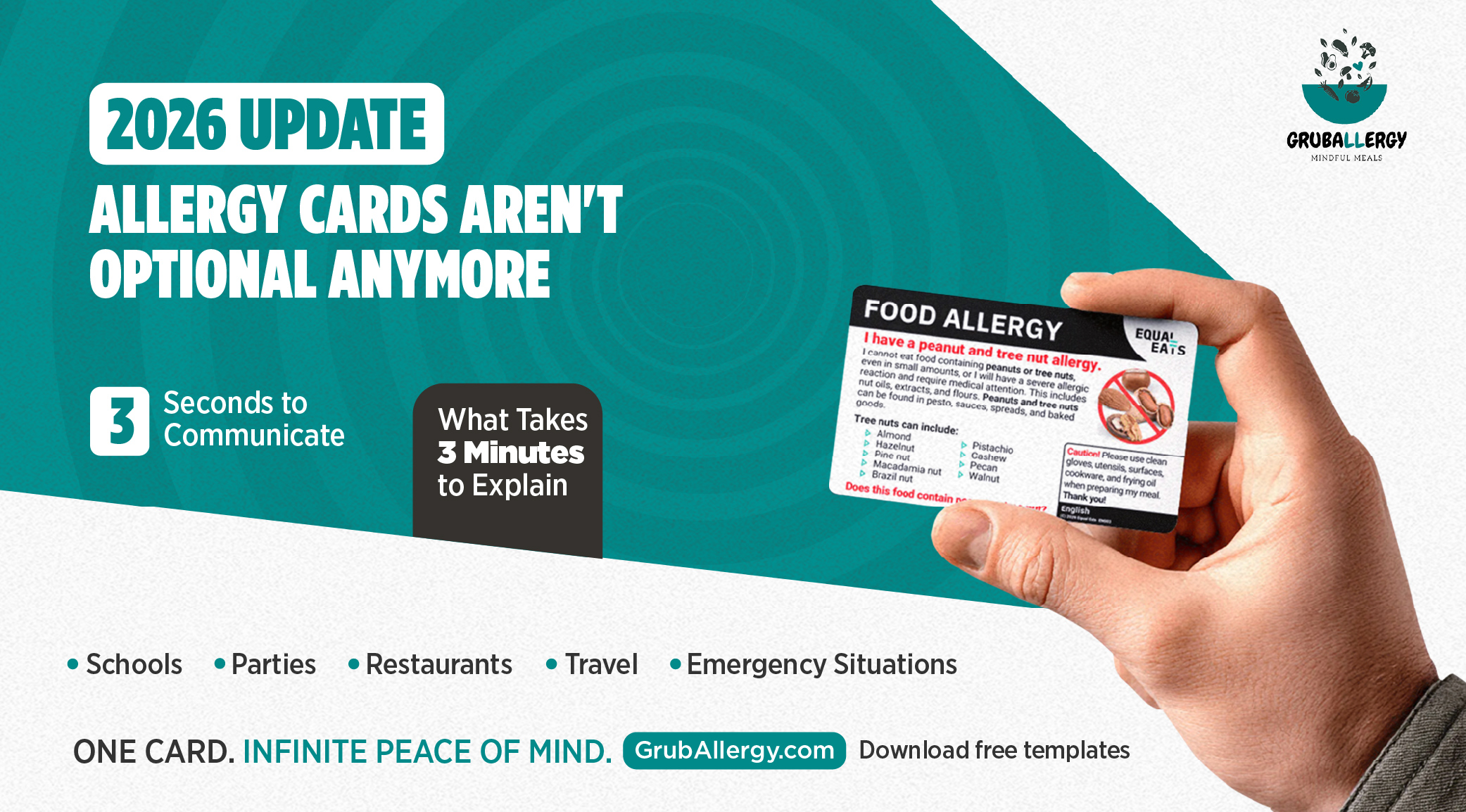
When it comes to managing allergies, having the right allergist is essential to ensuring you receive the best care possible. However, there are times when it becomes necessary to switch to a new allergist. Whether due to a change in location, dissatisfaction with your current care, or a desire for a fresh perspective, the process of switching allergists can feel daunting. The key to making this transition smooth and ensuring that your new care provider meets your needs lies in asking the right questions and effectively advocating for yourself in healthcare. Here’s what to consider when switching to a new allergist and how to approach the situation with confidence.
1. Assessing the Need for a New Allergist
Before making the decision to switch, it's important to evaluate why you want to change allergists. In fact, many people wonder when to change your allergist, especially when something doesn't feel quite right. Common reasons people seek a new specialist include:
-
Dissatisfaction with the Current Care: This could involve a lack of progress in treatment, feeling unheard, or the allergist’s approach not aligning with your needs.
-
Location and Convenience: A new allergist might be closer to your home or work, reducing travel time and making it easier to attend appointments.
-
Specialization: Perhaps your condition has changed, and you now need a specialist who focuses more closely on your specific type of allergy (e.g., food allergies, environmental allergies, or asthma).
-
Insurance or Cost: Sometimes changes in insurance coverage, out-of-pocket costs, or lack of accepted insurance plans may necessitate a switch.
Once you’ve determined why a change is necessary, it’s time to identify a new allergist who can offer the expertise and support you need.
2. Choosing the Right Allergist
Finding a new allergist involves a combination of research and personal preferences. If you’re unsure how to choose an allergist, here are a few strategies to consider:
-
Ask for Recommendations: Reach out to family, friends, or your primary care doctor for recommendations. Online reviews and patient testimonials can also offer insights into the allergist’s approach and patient satisfaction.
-
Check Credentials: Ensure the allergist is board-certified and has the appropriate training and experience. Their educational background, certifications, and years of practice can provide assurance of their competency.
-
Specialization: If you have specific allergies or related conditions (like asthma), look for an allergist who has experience with those areas. Some allergists specialize in pediatric care, while others focus on adult patients or on treating conditions like food allergies or immunotherapy.
3. What to Ask During Your First Appointment
Once you’ve chosen a new allergist, the first appointment will be crucial in determining if they’re the right fit for your needs. It helps to know the questions to ask a new allergist before walking into your appointment. Here are several to consider:
-
What is your experience with my specific allergies?
Knowing how familiar the allergist is with your condition will help you gauge if they are the right person to manage your care. -
What is your approach to treatment?
Different allergists may have varying approaches to managing allergies, ranging from medication management to alternative treatments like immunotherapy (allergy shots) or sublingual immunotherapy (SLIT). Understanding their treatment philosophy will help you determine if it aligns with your preferences. -
How do you communicate with patients?
This question helps you determine whether the allergist is open to discussions and will take the time to answer your questions. It’s important that your allergist is approachable and willing to explain treatment options thoroughly. -
What testing will you perform, and how do you determine a treatment plan?
Knowing what tests are necessary—such as skin tests or blood tests—and asking relevant allergy testing questions gives you a clear understanding of what to expect. -
What is the process for follow-up and ongoing care?
Ask about how often you should follow up, and whether they offer flexibility for urgent consultations, such as during allergy flare-ups. -
What insurance plans do you accept?
To avoid unexpected expenses, make sure the allergist accepts your insurance, or if out-of-network, inquire about the cost of consultations and treatments.
If you're wondering what does an allergist do on first visit, these questions will help uncover that. In short, your allergist will likely review your history, conduct allergy testing, and propose an initial treatment plan.
4. Advocating for Yourself During the Transition
How to advocate for yourself at the doctor can feel intimidating, but it’s a vital skill—especially when you're managing allergies. Here’s how you can ensure that your voice is heard and that you receive the care you deserve:
-
Be Prepared to Share Your Medical History: Bring detailed information about your allergies, including past reactions, treatments, and any medications you’re currently taking. This will help the new allergist develop a comprehensive treatment plan.
-
Discuss Your Goals and Expectations: Be clear about what you want to achieve with your allergy management. Whether it’s minimizing symptoms, finding long-term solutions, or addressing specific concerns, making your goals known will help the allergist tailor their approach.
-
Ask for Clarification: If something is unclear during your consultation or treatment, don’t hesitate to ask questions. Whether it’s the instructions for a prescribed medication or the next steps in treatment, it’s important that you fully understand your care plan.
-
Seek a Second Opinion if Necessary: If you feel that the new allergist’s approach doesn’t resonate with you, it’s okay to seek a second opinion. Your health is paramount, and you have every right to choose the best provider for your needs.
-
Stay Engaged: It’s important to stay involved in the management of your allergies. Track your symptoms, note any side effects from treatments, and communicate openly with your allergist during follow-up visits. This will help you know exactly what to expect at allergist appointment and how to prepare.
5. Embracing the Transition
What to expect from an allergist appointment isn’t always the same from one doctor to another—but switching to a new allergist can be a proactive move toward better health management. By taking the time to ask the right questions and advocate for your needs, you’ll set the stage for a positive doctor-patient relationship. Effective communication, combined with a clear understanding of your treatment plan, will enable you to confidently navigate the journey ahead. Remember, your health is worth the effort, and finding the right allergist is a key part of living well with allergies.
FAQ
-
If you're not making progress, feel unheard, your condition has changed, or you’ve had an insurance switch—those are signs it might be time to evaluate when to change your allergist.

-
Start by asking about their experience with your allergy type, testing methods, treatment philosophy, communication style, and follow-up care. These are essential questions to ask a new allergist during your first visit.

-
During the first appointment, your allergist will likely review your medical history, conduct physical exams, and suggest allergy testing. Understanding what happens at an allergist appointment helps you feel more prepared.

-
Bring detailed health records, clearly express your goals, ask clarifying questions, and don’t hesitate to seek second opinions. Knowing how to advocate for yourself at the doctor leads to better, more personalized care.

-
Expect a review of symptoms, testing if necessary, and a discussion of tailored treatment options. Being informed about what to expect at first allergist appointment ensures you're actively involved in your care.

You may also like
Leave a Reply

Get a free consultation with GrubAllergy.
Share your child's food allergy history, and let us guide you with expert advice on managing and navigating food allergies with confidence.



.png)







